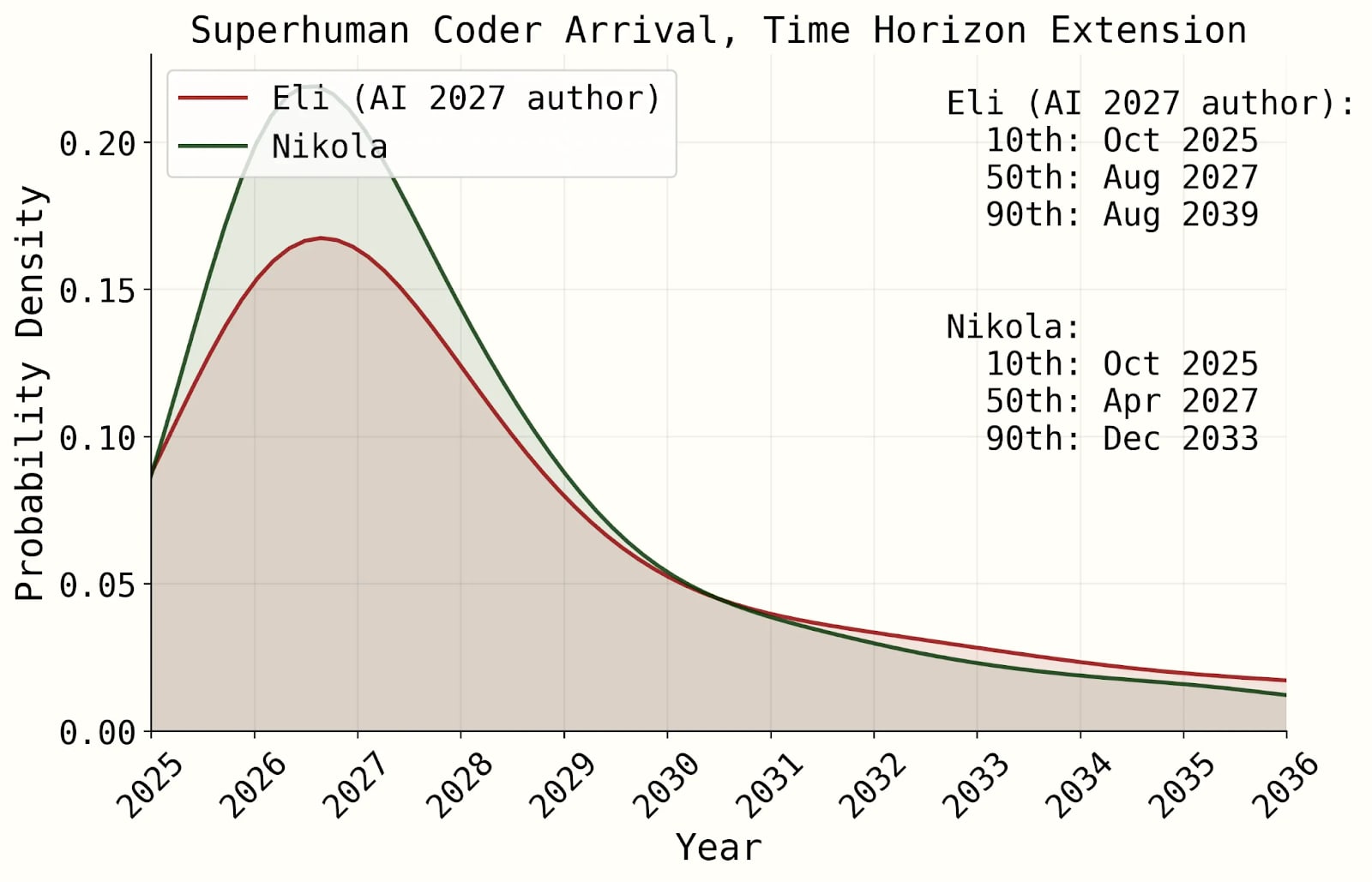Holly Elmore writes about the costs of criticism. One of the most salient things to me here is that criticism disincentivises transparency: people are 'punished' when they are transparent while equal transgressions by people who are not transparent 'go unpunished'.
I want to call out instances of transparency and celebrate them. Here are some instances that have stuck with me – thank you for your time spent writing these up and sharing them with the community:
- Eli Nathan & the 2023 EAG teams, for "How much do EAGs cost and why?"
- MathiasKB, for "Center for Effective Aid Policy has shut down"
- Happier Lives Institute, for engaging with criticism in "Talking through depression: The cost-effectiveness of psychotherapy in LMICs, revised and expanded"
- Givewell and Charity Entrepreneurship/AIM for publicising "moral weights" and similar key metrics/assumptions
- Givewell top charities, but also AMREF, CARE, Living Goods, The Hunger Project, and Doctors Without Borders (from Givewell's special recognition list)
- Manifold Markets, for public meeting notes, financial information, and more.
What have I missed from this list?



I don't find this convincing. It seems to me that updating that one line on your website should not take longer than e.g. writing this comment. Why would you think it has a significant tradeoff?